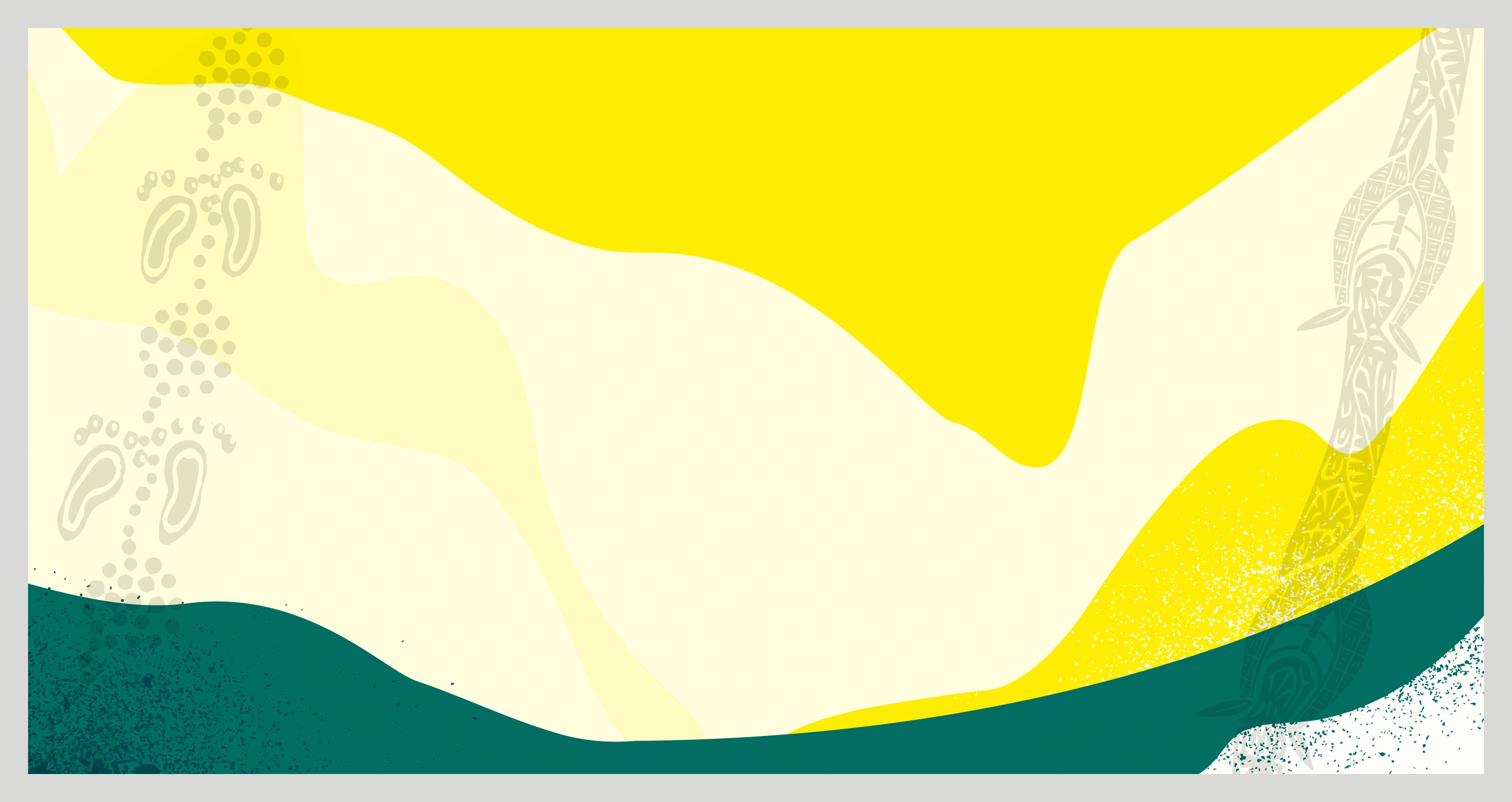HOCKEY: Madonna Blyth’s inspiration to play for Australia was forged during an era when they Hockeyroos ruled the world.
Under Ric Charlesworth, the women enjoyed a golden era winning consecutive Olympic Games, World Cup, Commonwealth Games and Champions Trophy tournaments.
But by the time the Queenslander forced her way into the team as an 18-year-old in 2004, the rest of the world had caught up and the Hockeyroos were no longer the dominant force it had once been.
Now, after more than a decade in the team and on the eve of her 300th Test, the 29-year-old is looking forward to the Hockeyroos again reclaiming their position as world No.1.
When Blyth takes the field during the eight-nation Hawke’s Bay Festival in New Zealand on Saturday, April 18, she will become only the second Australian woman to reach the 300 Test milestone behind fellow Queenslander Nikki Hudson who retired in 2009 with 303 international caps.
Blyth will also move ahead of some of the game’s biggest names and most respected captains – triple Olympic gold medalist Rechelle Hawkes (279 games) and two-time Olympic gold medalist Trini Powell (252 games).
Incumbent coach Adam Commens believes Blyth’s record speaks for itself even though she has not had the same high profile as some of her predecessors.
“Had Madonna had been part of the Hockeyroos during a different era she would undoubtedly have been recognised as one of the greats of Australian hockey,” Commens said.
“She has been a stalwart of this team and someone that has performed consistently over a long period of time.”
Blyth said she rarely dwells on her own achievements and is not motivated by external accolades.
“I don’t think of these numbers too much but when it is a significant milestone like 300 games – you do reflect a little more,” Blyth said.
“When you think of others who have played a huge number of games for Australia, you realise you are about to join a very prestigious list.”
“It is also a good time to reflect on past experiences but also on my duties and responsibilities as captain.”
She said the team is well placed for the future and has continued steady improvement since Commens came on board in 2011.
There are also improvements she can make to add to the team’s overall success.
“I would love to be playing great hockey when the Rio Olympics come along,” Blyth said.
2014 was a breakthrough year for the Hockeyroos improving their world ranking from No.7, when Commens took over, to No.2.
“Winning gold at the Commonwealth Games and silver at the World Cup and Champions Trophy was a tremendous result and one the team had been working towards for a number of years,” Blyth said.
“But for me Olympic gold remains my main motivation – having finished fifth in 2008 and 2012.”
“At this stage I don’t want to put an end date to my career – I am looking towards the next year or 18 months and will reassess my future after that. I will keep going if I continue to play well and still enjoy the game.”
Without significant individual financial inducements on offer in women’s hockey, her motivation has been her passion for the game.
“When you are at the very top of your sport you have to love what you do or else you would never be able to commit to all the hard work.”
Blyth, who played under both Charlesworth and his successor Frank Murray, said the team was ready for change when Commens was appointed as coach.
“He has been a great fit for this group and our recent success is a credit to his approach, drive and passion to guide this team,” she said.
“We are in a position to win an Olympic gold medal – it is just a matter of getting there in the last year that remains.”
Commens said the journey of taking Blyth and the team from seventh in the world to its current ranking of No.2 has been exciting and he has seen progression every year.
“It has been pleasing to see the evolution of the team in that time with the players developing their skills, physical ability and understanding of the game,” he said.
“We have worked hard on our physical ability and creating a style of play that exploits that ability.”
Commens and his support staff have also worked hard to cultivate a pride within the group that has allowed the players to understand their commitment as Hockeyroos.
With results at benchmark international tournaments linked to funding, the players have been able to attain the results than now allows them to train full time.
“Now that we have achieved a higher ranking, the women are rewarded more substantially which has allowed them to train hard and commit to the same level as professional athletes,” Commens said.
2015 will be a big year for the squad with younger players joining the senior group and the team evolving in the lead-up to the Rio Olympics.
“We are now a hunted team rather than the hunters with everybody aiming to knock us off,” Commens said.
“It will be a matter of continually trying to improve to stay ahead of the group.”
The Hockeyroos’ next big target this year will be achieving qualification for the Olympic Games. Their Olympic qualifier, the FIH World League Semi Final in Antwerp, Belgium in June, will pitch them against the likes of New Zealand, Belgium, Poland, and India. A top-three finish in the ten team tournament will seal a place at Rio 2016.
HOCKEY AUSTRALIA

